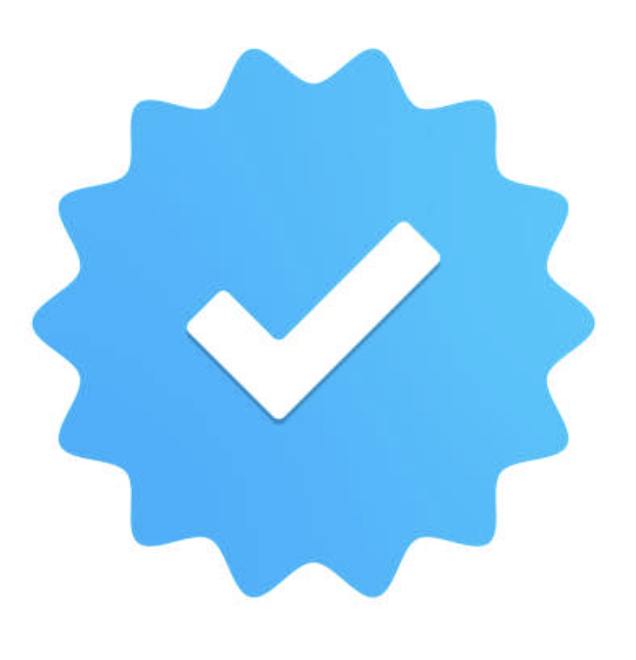Obstructive Sleep Apnea (OSA): The most common form, OSA occurs when the throat muscles intermittently relax and block the airway during sleep. This causes loud snoring and disrupted sleep.
Central Sleep Apnea: This type is less common and occurs when the brain doesn’t send proper signals to the muscles that control breathing. Unlike OSA, snoring is not typically a feature of central sleep apnea.
Complex Sleep Apnea Syndrome: Also known as treatment-emergent central sleep apnea, this condition occurs when someone has both obstructive sleep apnea and central sleep apnea
The symptoms of sleep apnea can vary between individuals, but common signs include:
There are several common misconceptions about sleep apnea that can lead to misunderstandings and inadequate treatment. One prevalent misconception is that sleep apnea only affects overweight individuals. While obesity is a significant risk factor, sleep apnea can occur in people of all shapes and sizes, including those with a normal or below-normal weight. Factors such as genetics, anatomical variations, and certain medical conditions also contribute to the development of sleep apnea. Another misconception is that snoring always indicates sleep apnea. While snoring is a common symptom, not everyone who snores has sleep apnea, and not all individuals with sleep apnea snore. Sleep apnea involves repeated interruptions in breathing during sleep, which can lead to significant health problems beyond just snoring.
Another widespread misconception is that sleep apnea only affects older people. While the risk of sleep apnea increases with age, it can affect individuals of any age, including children. Factors such as enlarged tonsils, obesity, and family history can contribute to the development of sleep apnea in younger populations. Additionally, many people believe that alcohol helps them sleep better, but alcohol actually relaxes the muscles of the throat and can exacerbate sleep apnea symptoms, leading to poorer quality sleep overall. Lastly, some people think that CPAP machines are uncomfortable and difficult to use. While some may initially find CPAP therapy uncomfortable, modern devices are designed to be more user-friendly and customizable, and many individuals experience significant improvements in sleep quality with proper fitting and adjustment. Understanding and addressing these misconceptions can lead to better recognition and management of sleep apnea.
Let us help you restore the natural rhythm of sleep, improving your quality of life. Same-week and sometimes even same-day appointments are often available for our clients.

The thoroughness of the doctor is unmatched in my experience.

They offered same-week appointments, which was a lifesaver! Arriving 45 minutes early, I braced myself for a wait, but to my surprise, they happily accommodated me. The friendly polite office staff further eased my nerves.

Highly recommend. A very professional doctor great experience.

The doctor was very knowledgeable and explained things very clearly. My concerns were addressed and she was very detailed with her explanations. I did not feel rushed during my visit and overall, had a pleasant experience with this provider.

Great! Very professional and can clearly answer all my questions. Put me at ease.

Great doctor, very knowledgeable and pleasant! Prior recommendation worked.